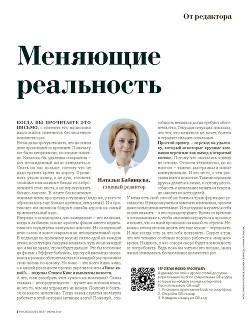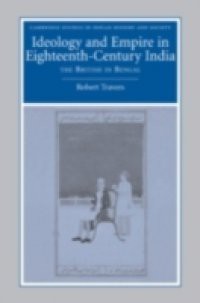The most arresting aspect of the Scottish Enlightenment is its conception of commercial society as a distinct and distinctive social formation. Christopher Berry explains why Enlightenment thinkers considered commercial society to be wealthier and freer than earlier forms, and charts the contemporary debates and tensions between Enlightenment thinkers that this idea raised. The book analyses the full range of literature on the subject, from key works like Adam Smith's 'Wealth of Nations', David Hume's 'Essays and Treatises on Several Subjects' and Adam Ferguson's 'Essay on the History of Civil Society' to lesser-known works such as Robert Wallace's 'Dissertation on Numbers of Mankind'.
























